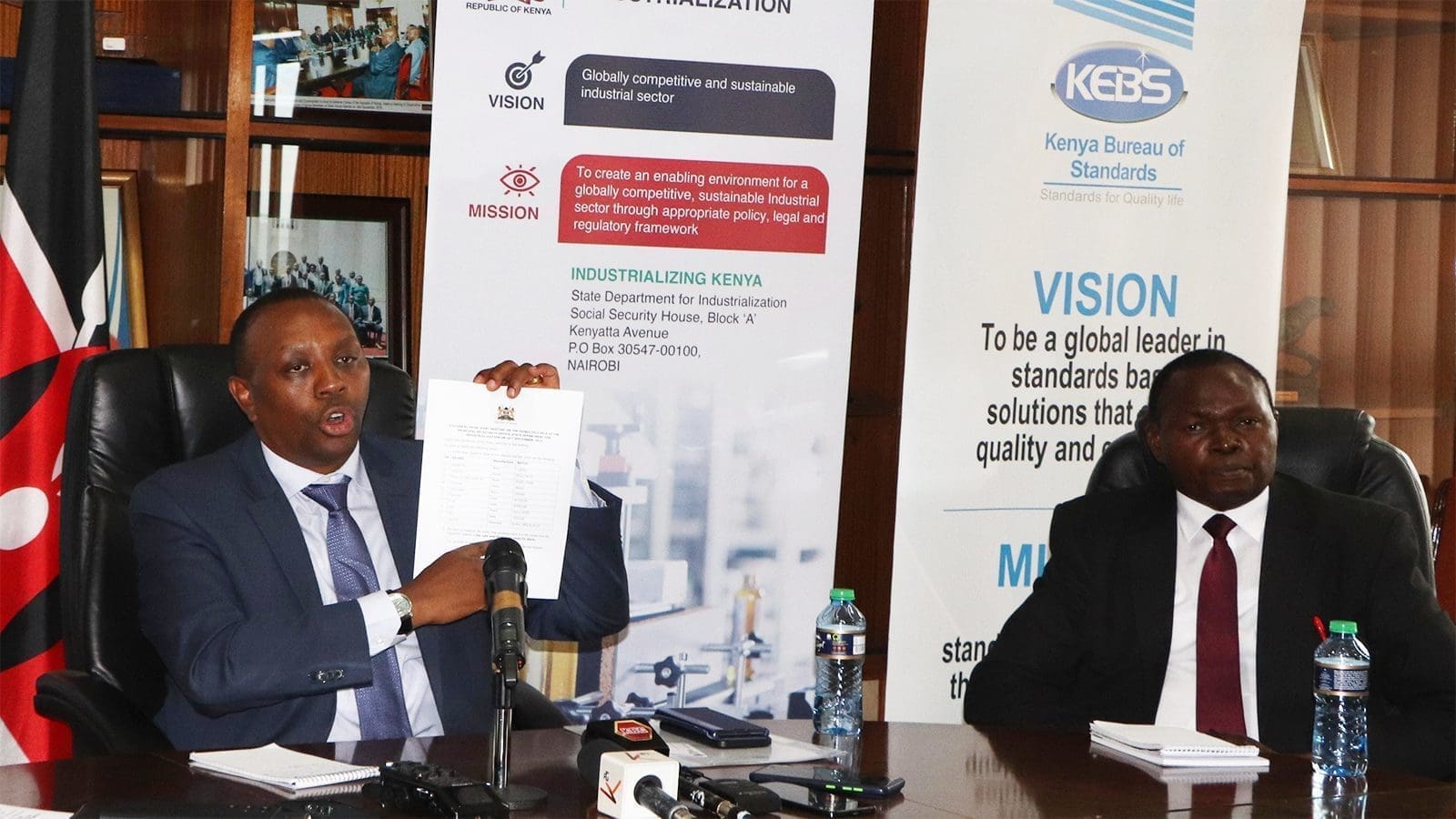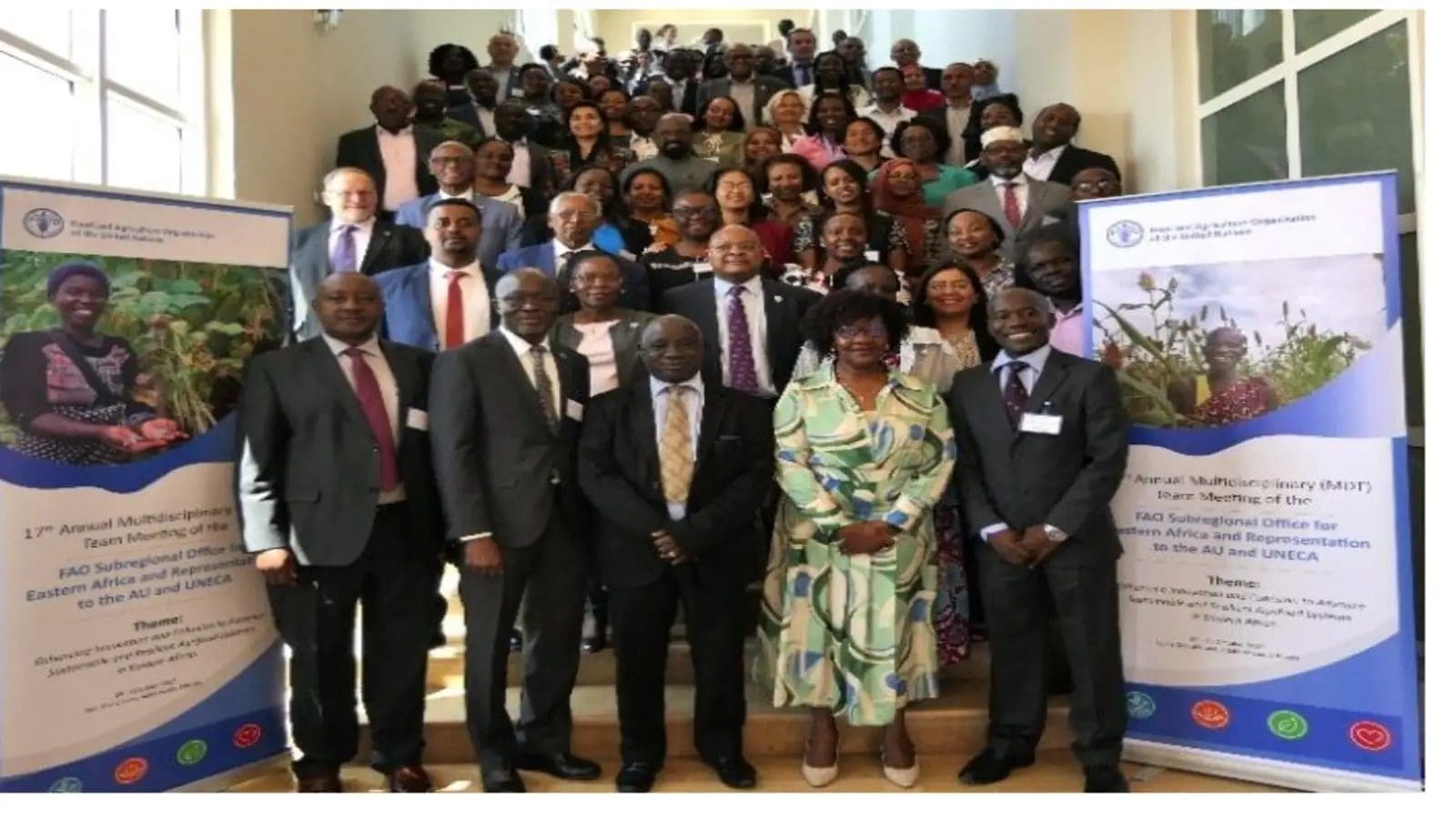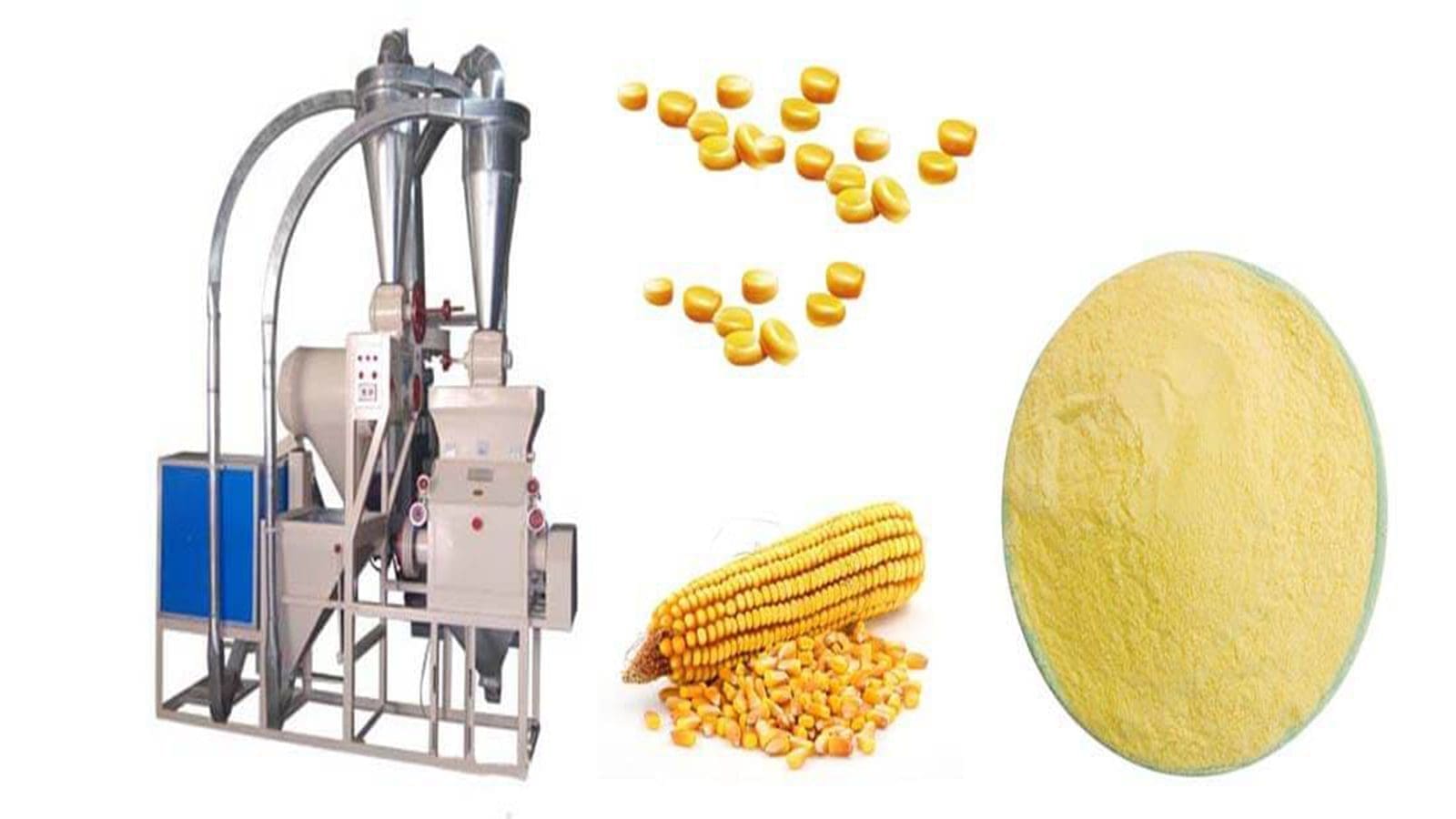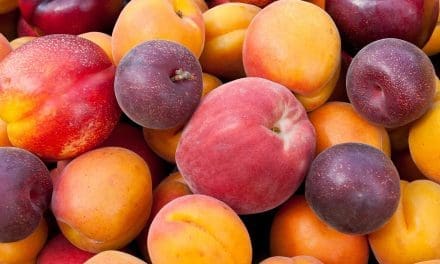MALAWI – The Malawi Bureau of Standards (MBS) has fined the Central African Produce, a Malawian wholesaler and distributor, in Limbe for stocking for sale expired maize cream.
This follows a tip from the public that the company was allegedly stocking and repacking expired maize cream for sale. A follow up by MBS that was conducted recently confirmed the claims.
The Central African Produce has been ordered to cover all the associated costs required during the disposal activity of the expired consignment.
The malpractice of selling expired or defective commodities is against section 39 of the Malawi Bureau of Standards Act (Cap 51:02) and attracts a penalty of MWK1, 000,000 (around USD 986) and a custodial sentence of 1 year‘s imprisonment upon conviction by the court as per section 44 of the Act.
Meanwhile, MBS has commended the general public for its continuous support in providing tips and has assured the general public that all tips will be investigated and appropriate action taken on all those who breach the Malawi Bureau of Standards Act.
The Central African Produce was established in 1981, with only one branch dealing in commodities. Over the years, it has grown to over 7 branches nationwide and has a sub-branch dealing in both international and local trucking with over 50 28tonne trucks, and a wholesales spreading nationwide.
World Accreditation day
In other news, MBS joined the rest of the world in celebrating the 2022 World Accreditation Day (WAD) which is celebrated worldwide on the 9th of June every year.
The theme for this year WAD celebration is “ Accreditation: Sustainability in Economic Growth and the Environment.”
The theme highlights how accreditation supports 9 of the 17 United Nations Sustainable Development Goals (SDGs) through the provision of a trusted platform for defining, developing and verifying requirements for products and services while helping to ensure and demonstrate that products and services meet specified requirements.
Accreditation is an attestation of the competence and impartiality of conformity assessment bodies (CABs) to carry out specific conformity assessment tasks.
These bodies include but not limited to calibration laboratories, testing laboratories, inspection bodies, providers of proficiency testing, producers of reference materials, and bodies that certify management systems, products and persons, or undertake verification and validation.
Accreditation benefits both a country’s domestic economy and its international trade. It helps governments and organizations to meet regulatory and legislative responsibilities and reduce uncertainties in decisions affecting the protection of human health and the environment.
Whether through environmental protection performance, helping manage climate change, developing the circular economy or providing tools to measure performance, accreditation and conformity assessment are constantly reviewing and evolving to ensure that the right tools are available to support the SDGs both now and moving forward.
“The MBS is therefore seeking to help organizations measure, manage and/or report sustainable economic growth and environmental performance through the services it provides under its accredited units,” stated MBS.
Liked this article? Subscribe to Food Safety Africa News, our regular email newsletters with the latest news insights from Africa and the World’s food safety, quality and compliance. SUBSCRIBE HERE








